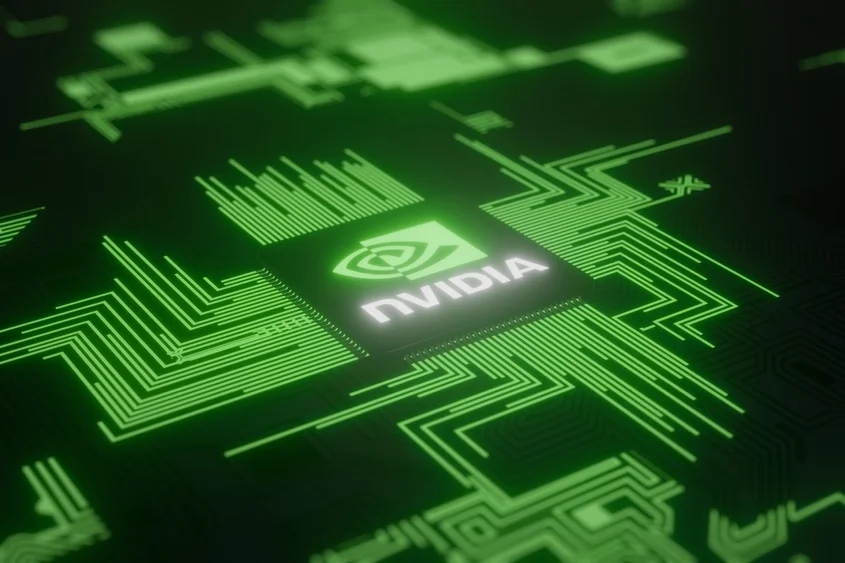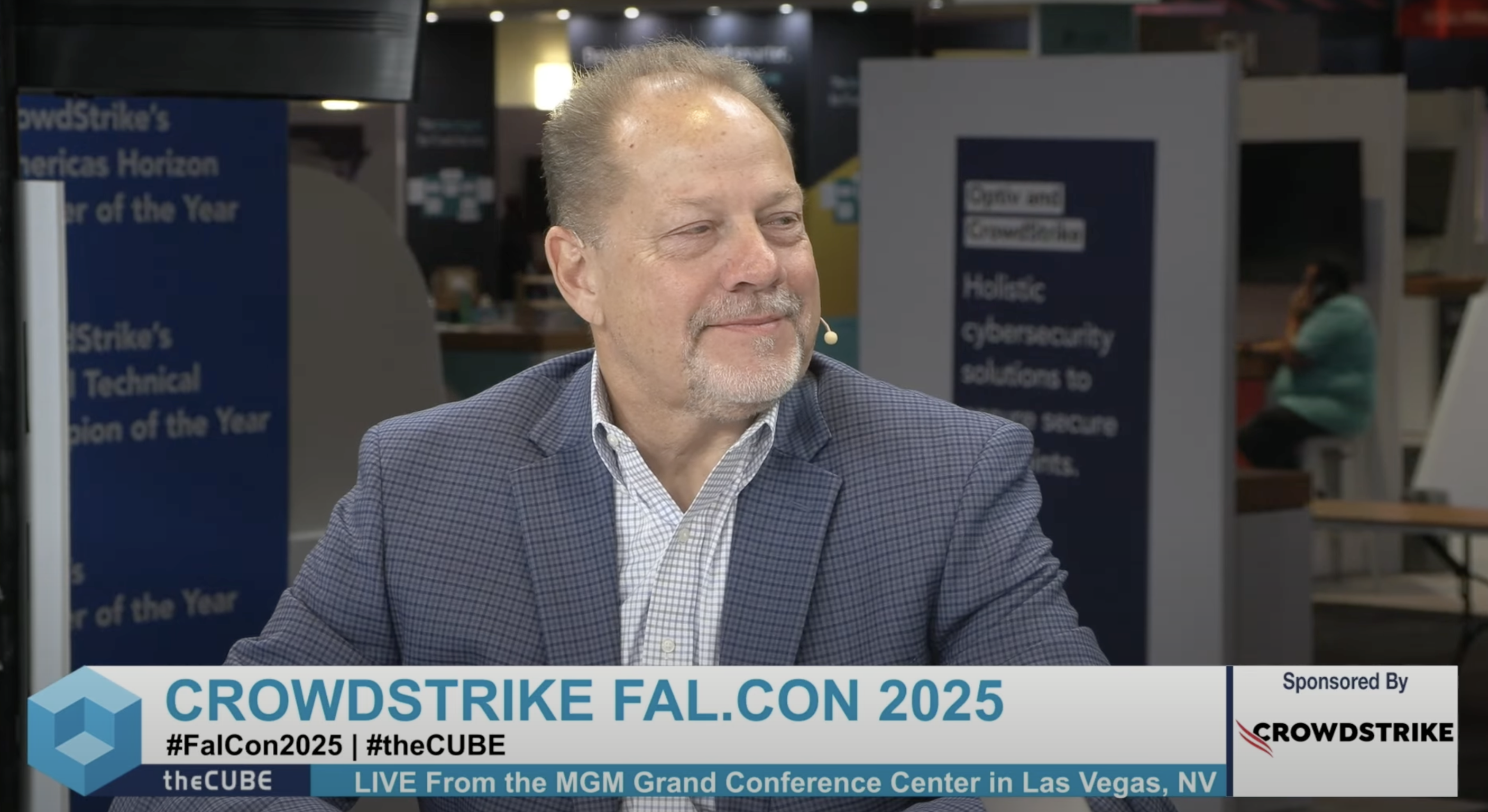Nvidia CEO Jensen Huang Warns US Export Controls On China May Have Backfired: ‘They’re Nanoseconds Behind Us’

Nvidia Corp. (NASDAQ: NVDA) CEO Jensen Huang has hinted that U.S. policies aimed at slowing China’s artificial intelligence progress might have instead accelerated domestic competitors like Huawei Technologies.
Huang Says China’s AI Push Cannot Be Underestimated
Speaking on the Open Source podcast with Bill Gurley and Brad Gerstner that was posted last week, Huang pushed back against assumptions that China lags years behind U.S. innovation.
Instead, he described Chinese firms as “formidable, innovative, hungry, fast-moving” and operating under lighter regulation.
“Some of the things I heard, they could never build AI chips. That just sounded insane,” Huang said, adding that people also said China can’t manufacture.
“China can’t manufacture? If there’s one thing they could do, is manufacture,” the Nvidia CEO stated.
He then went on to add that some also thought that China was “years behind us. Is it two years, three years? Come on. They’re nanoseconds behind us. We’ve got to go compete.”
He pointed to China’s 996 work culture — 9 a.m. to 9 p.m., six days a week — as evidence of the intensity driving its technology sector.
From Dominance To Displacement In China
Huang revealed Nvidia once held 95% market share in China’s AI chip market before U.S. export controls forced the company to scale back.
Following this, the hosts said that Washington’s measures “handed China monopoly markets” that allow rivals like Huawei and Alibaba Group Holdings (NYSE: BABA) to build data centers globally.
Call For The US To Compete, Not Constrain
In response, Huang said, “We should acknowledge that China rightfully should want its companies to do well,” adding that the U.S. must empower its technology industry, which he described as the nation’s most valuable asset.
He argued that restricting its ability to compete globally would weaken both economic and geopolitical influence at a time when American innovation is at a pivotal stage.
Huang stressed that allowing U.S. technology to spread worldwide is essential for ensuring the industry’s survival, growth, and long-term leadership.
He dismissed critics who say his stance is motivated by a desire to sell more chips. “Just because I want America’s ecosystem and economy to grow doesn’t make me wrong,” Huang said.
Nvidia’s Momentum Amid China Setbacks
Earlier this month, reports emerged that China’s Cyberspace Administration has banned major firms from buying Nvidia’s China-specific chips, such as the H20 and RTX Pro 6000D, citing domestic alternatives.
Regulators have also launched an antitrust probe into Nvidia, deepening its challenges in the country.
Despite the turbulence in China, Nvidia continues to post record growth. In August, the company reported second-quarter revenue of $46.74 billion, up 56% year-over-year and above Wall Street’s consensus estimate of $46.02 billion.
For the third quarter, Nvidia has guided revenue between $52.92 billion and $55.08 billion, excluding any shipments of H20 chips to China.
Benzinga’s Edge Stock Rankings show that NVDA is maintaining an upward trend across short, medium and long-term horizons, with more performance insights accessible here.
Read Next:
Cathie Wood Dumps Palantir As Stock Touches Peak Prices, Bails On Soaring Flying-Taxi Maker Archer Aviation
Disclaimer: This content was partially produced with the help of AI tools and was reviewed and published by Benzinga editors.
Image via Hepha1st0s/ Shutterstock



